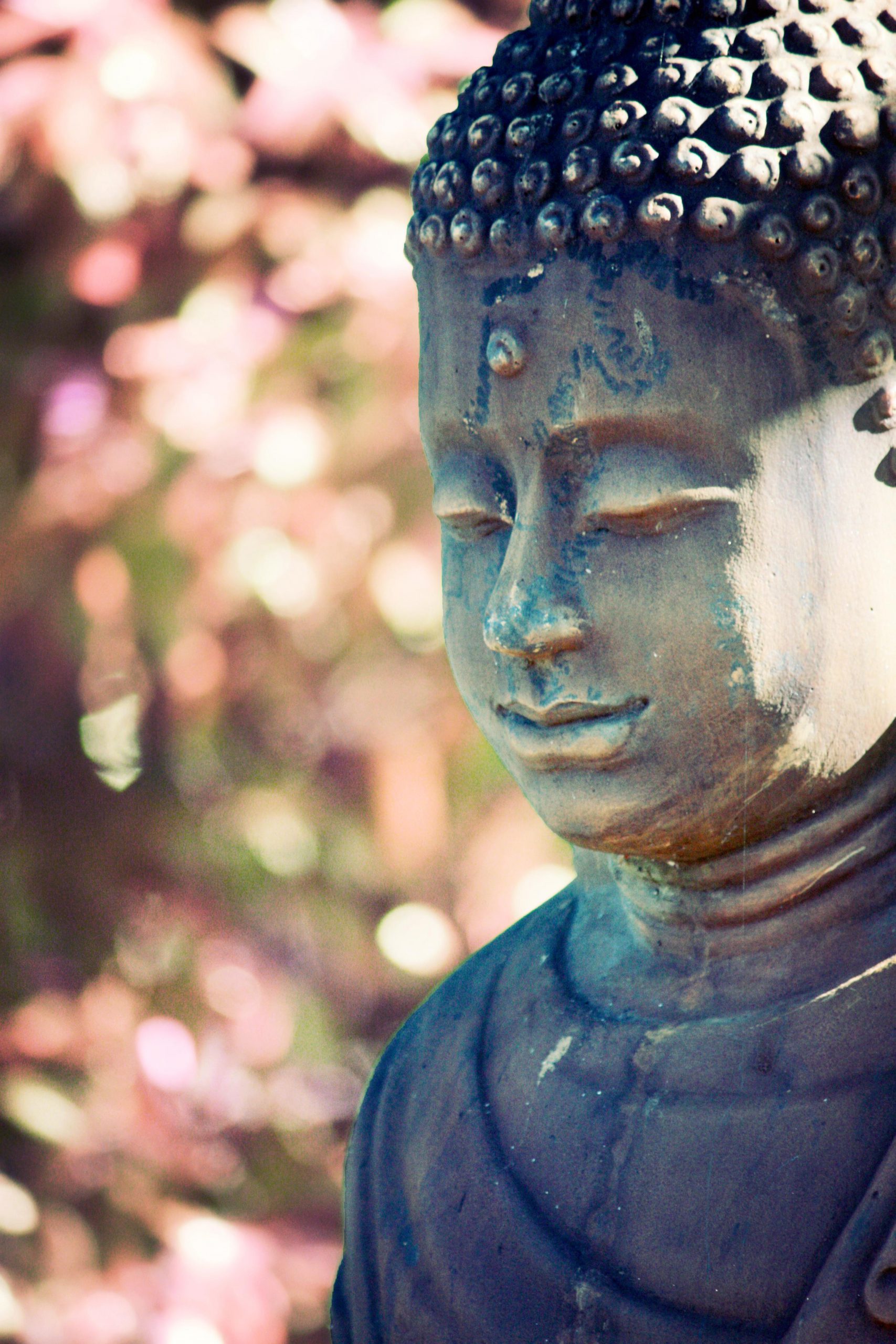Blessed are those who mourn, for they will be comforted (Matthew 5:4).
The stories I hear as a psychotherapist and the narrative of Christian discipleship intersects in redemptive suffering. The fires of affliction, betrayal, injustice, diminishment, and loss forge gifts and new life for those who refuse to give up on love. Meanwhile, we must find ways to cope, to find meaning amid suffering and not let the pain take center stage.
Like Christianity, Buddhism faces human suffering head-on, so dialogue between these two great traditions can bear much fruit. Similar to Buddhism, Christian contemplative traditions also embrace inner poverty and detachment. Along with many contemplative Christians, I feel a deep affinity with Buddhism. While its teachings do not refer to God, I find practices that help me pray. Its rigorous attention to the present moment alerts me to Christ with me here and now.
Many western therapists now drink deeply from Buddhism’s well, and I join them. Mindfulness practice enhances my listening and helps me teach how to relate skillfully to thoughts and feelings. Fighting pain only makes it stronger, and mindfulness relaxes that reaction, calming the inner beast.
Yet, I must quibble with a tendency among western psychological interpreters of Buddhism. Whether or not they interpret the Buddha accurately, they frequently offer a discordant syllogism that goes like this: Pain is a necessary part of life. Suffering is an unskillful psychological response to pain, so suffering is unnecessary, at least in theory. Spiritual progress corrects the error, removing suffering.
Perhaps it is theoretically possible not to suffer, but the only way I know to avoid suffering altogether is to avoid love. I do not think good Buddhist teachers intend that implication. They teach love, especially in the form of compassion.
But I must be clear: Mourning involves more than emotionally reacting to the sting of having an attachment ripped away like adhesive tape. Grief expresses love paradoxically necessary for joy.
To people bereft of hope and home, Isaiah offered a redeeming image, neither of a fierce warrior nor placid meditator, but of a suffering servant, “Despised and rejected by others; a man of suffering and acquainted with infirmity; and as one from whom others hide their faces” (53:3). Yet by virtue of his very grief and obvious pain, “He shall startle many nations; kings shall shut their mouths because of him; for that which had not been told them they shall see, and that which they had not heard they shall contemplate” (52:14b-15).
I believe that suffering love wakes up the world and, in time, softens hardened hearts, opening them to God’s love. I believe all who love participate in that great redemption. God’s chosen people and Son lead, but all who suffer loss for love participate in this sacred struggle. Christ blesses all who mourn. They need not apologize. Comfort will come.
Related Posts
Acceptance Amid the Unacceptable: A Meditation on Serenity and Justice
Mindfulness: Praying With Thich Nhat Hanh
The above modifies a post originally published February 12, 2015.


0 Comments